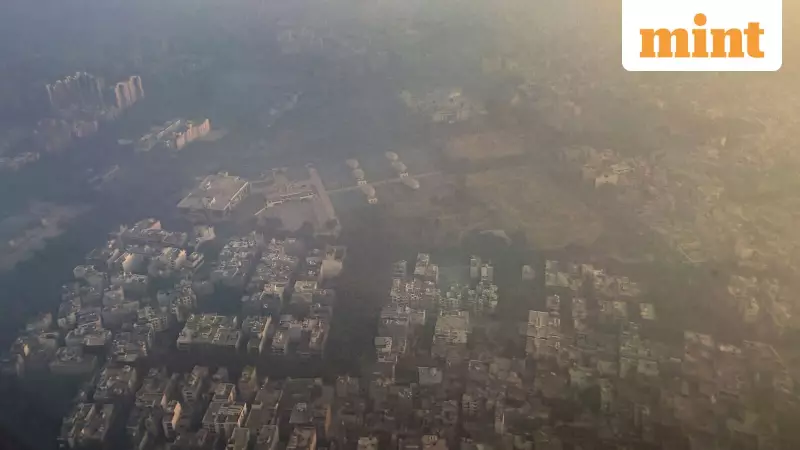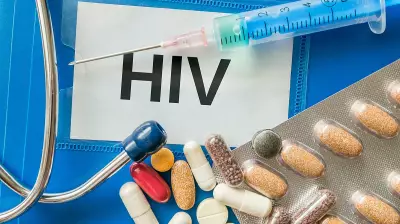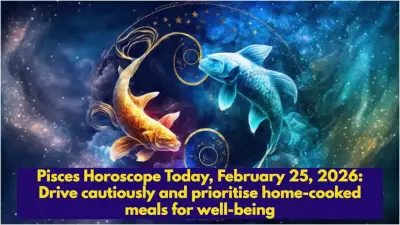
Delhi's battle with toxic air has taken another worrying turn as the city's Air Quality Index (AQI) slipped back into the 'Very Poor' category on Tuesday, with authorities predicting no immediate relief from the hazardous conditions in the coming days.
Rapid Deterioration in Air Quality
The Commission for Air Quality Management (CAQM) reported that Delhi's overall AQI reading reached 309, firmly placing it in the 'Very Poor' category. This significant deterioration comes after a brief period of marginal improvement, highlighting the unpredictable nature of Delhi's winter pollution crisis.
Government's Grim Prediction
In a sobering assessment, the Centre has indicated that Delhi residents should brace for continued poor air quality. The CAQM stated that atmospheric conditions are unlikely to improve significantly over the next several days, keeping the capital trapped in a toxic haze.
What 'Very Poor' AQI Means for Health
When air quality enters the 'Very Poor' category (AQI 301-400), health experts warn of serious consequences:
- Respiratory illness development in healthy people
- Pronounced health effects on people with lung or heart diseases
- Increased breathing discomfort during prolonged outdoor exposure
- Serious aggravation of existing respiratory conditions
Regional Pollution Patterns
The pollution crisis isn't limited to Delhi alone. Monitoring data revealed that several cities in the National Capital Region (NCR) and neighboring states are experiencing similar conditions, creating a widespread public health emergency across northern India.
Ongoing Battle Against Winter Pollution
This development marks another chapter in Delhi's annual struggle with winter pollution, characterized by temperature inversions, reduced wind speed, and increased emissions from various sources including vehicles, industry, and seasonal agricultural burning.
As the city grapples with this environmental emergency, authorities continue to monitor the situation closely while residents are advised to take necessary precautions, especially those belonging to vulnerable groups.






